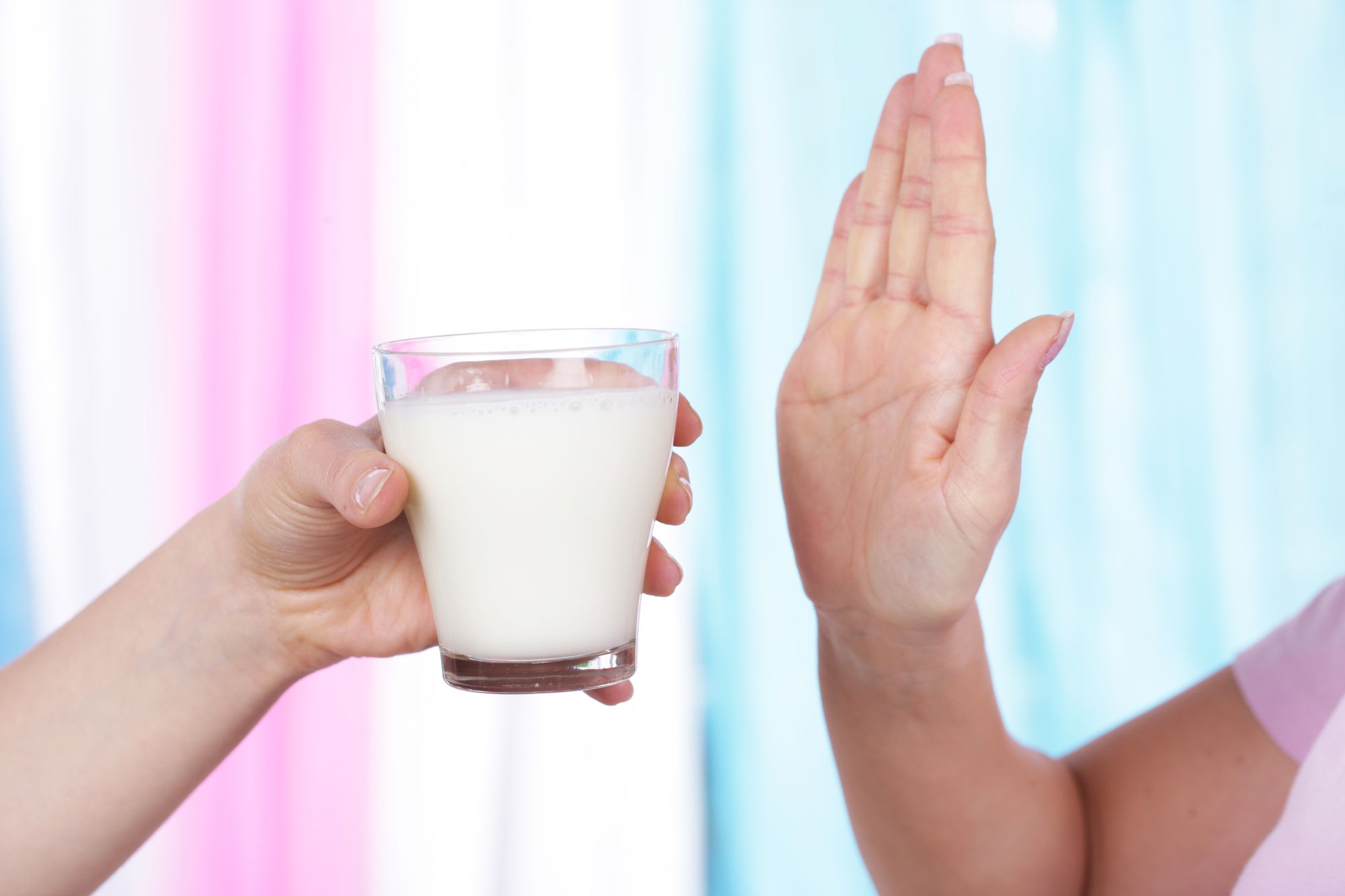Dealing with occasional digestive issues can be frustrating, especially when you're trying to identify the triggers behind discomforts like constipation, stomach cramps, gas, and bloating. Once you've ruled out any underlying health concerns with the help of your doctor, taking matters into your own hands becomes crucial for achieving stomach comfort. Bloating, characterized by abdominal swelling or a feeling of fullness, can often be effectively managed on your own, provided you have the right strategies to combat it.
While bloating is a common and bothersome issue, affecting approximately 30% of adults at some point and an estimated 16% of U.S. adults in the last month, it doesn't have to be an enduring discomfort. Understanding its potential causes and discovering easy ways to alleviate bloating is key to reclaiming your digestive well-being.
Regain Comfort and Bid Farewell to Bloating with These Effective Methods
1) Break Free from Smoking

While this advice may not be groundbreaking, it's essential to emphasize the importance of quitting smoking to alleviate abdominal bloating. Numerous studies, including one published in the Scandinavian Journal of Gastroenterology, have found a connection between smoking and functional bloating as well as constipation. If you're determined to kick your nicotine habit, consulting your doctor for guidance on effective quitting methods is highly recommended.
2) Prioritize Stress Management
Individuals dealing with irritable bowel syndrome (IBS) often experience colon spasms, discomfort, pain, and bloating due to mental stress. To reduce the risk of bloating, it's crucial to find effective ways to manage stress. Explore stress-coping techniques that work for you, such as mindfulness exercises, meditation, regular physical activity, or engaging in hobbies that promote relaxation.
3) Identify and Eliminate Trigger Foods
Our diets are filled with a wide variety of foods and ingredients, and sometimes even a slight change in our usual eating patterns can trigger bloating. Experts recommend adopting an elimination diet approach, where potentially problematic foods are temporarily eliminated from your meals. During the reintroduction phase, these foods are gradually reintroduced while carefully monitoring any symptoms that may arise. This method can help identify specific trigger foods that contribute to bloating, allowing for personalized dietary adjustments to prevent discomfort.
4) Ditch the Carbonated Beverages

Whether it's a sugary soda or a seemingly harmless sparkling water, it's best to steer clear of carbonated beverages if you want to combat bloating. The carbon dioxide present in these drinks increases gastric volume and stimulates stretch receptors, resulting in epigastric discomfort commonly known as bloating, as reported by the Journal of Nutrition.
5) Harness the Power of Meditation
When searching for ways to alleviate bloating, meditation might not be the first thing that comes to mind. However, the art of meditation can prove beneficial in managing bloating. A one-year follow-up study published in Behaviour Research and Therapy found that practicing Relaxation Response Meditation (RRM) significantly reduced bloating in participants with irritable bowel syndrome (IBS).
6) Incorporate Exercise into Your Routine
Engaging in mild physical activity has been shown to enhance the movement of gas through the gut and improve intestinal clearance, effectively preventing the retention of gas that leads to bloating. Simply fitting in a brisk walk or a bicycle ride around your neighborhood after meals can provide the relief you seek from bloating.
7) Bid Farewell to Chewing Gum

Most chewing gums available in the market, which are often used to promote dental health and freshen breath, contain sugar alcohols like sorbitol, mannitol, and maltitol. Unfortunately, these sugar alcohols can increase the risk of gas and bloating. Moreover, chewing gum also leads to swallowing air, which can contribute to trapped gas and further discomfort.
8) Reduce Sodium Intake
Excessive consumption of sodium (a component of salt) can contribute to bloating. Higher sodium intake is suspected to cause water retention, reduce digestive efficiency, and alter the composition of gut microbiota, as suggested by the American Journal of Gastroenterology. Keeping sodium intake in check can help alleviate bloating.
9) Moderation is Key with Fiber
While fiber is important for various functions such as promoting bowel regularity and preventing heart disease, it's essential to strike a balance. Consuming an excessive amount of fiber too quickly can lead to bloating. Monitor your current average daily fiber intake and gradually increase it by about two grams per day until reaching a total of 28-34 grams per day.
10) Skip the Straw
Using a straw to sip your drink introduces additional gas into your digestive tract, which can contribute to bloating. Additionally, try to avoid talking while eating, as it can result in increased air swallowing.
11) Consider Dairy Avoidance

If you have been diagnosed with lactose intolerance and consume dairy products containing lactose, you may experience bloating as a digestive symptom. Lactose malabsorption, affecting approximately 68 percent of the global population, refers to a reduced ability to digest lactose.
12) Limit Alcohol Consumption
While the research is not conclusive, it appears that consuming high amounts of alcohol, particularly through binge drinking, can lead to bloating, especially for individuals with IBS. It's important to remember to consume alcohol in moderation, adhering to recommended guidelines of up to one drink per day for women and up to two drinks per day for men.

